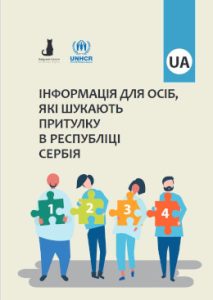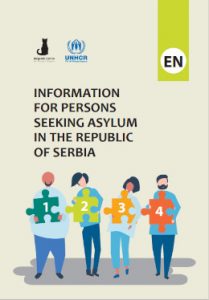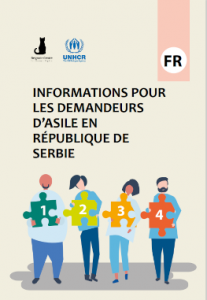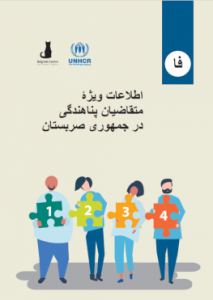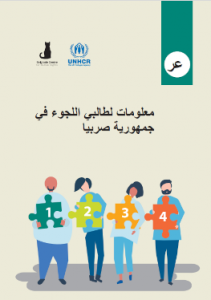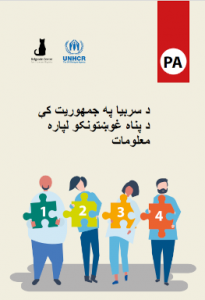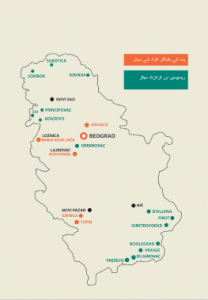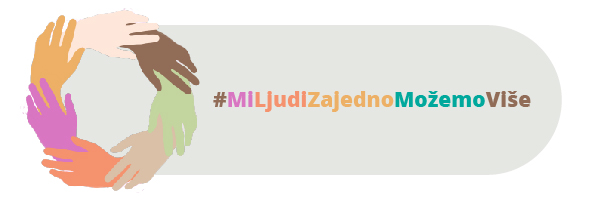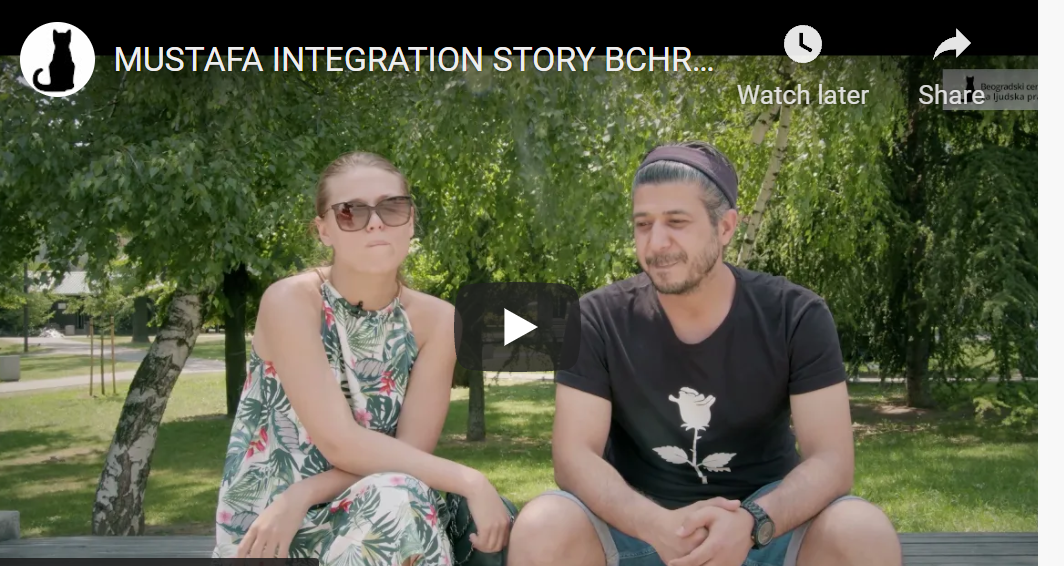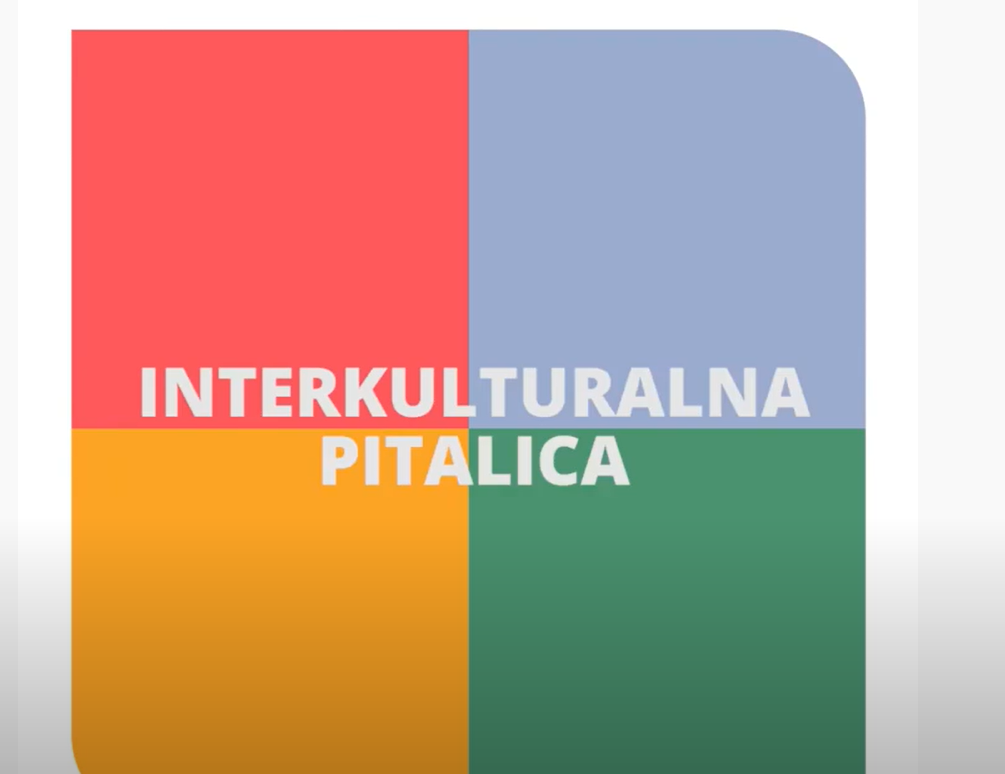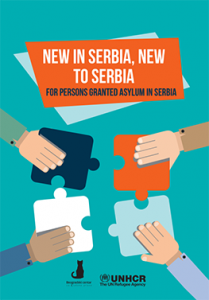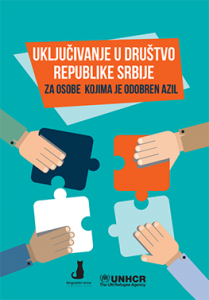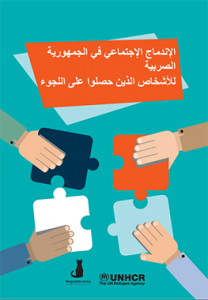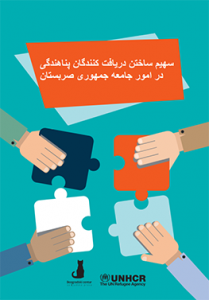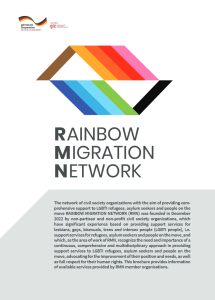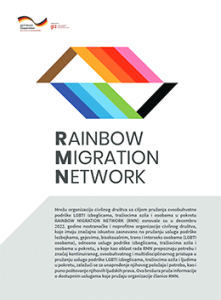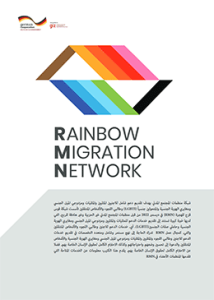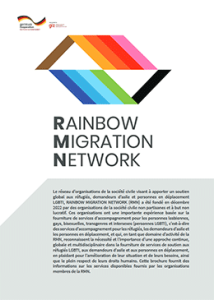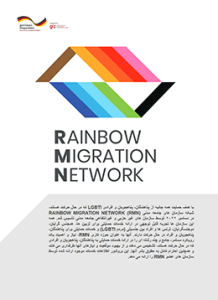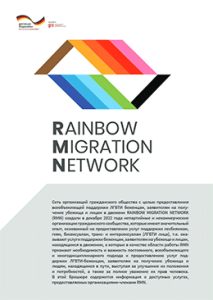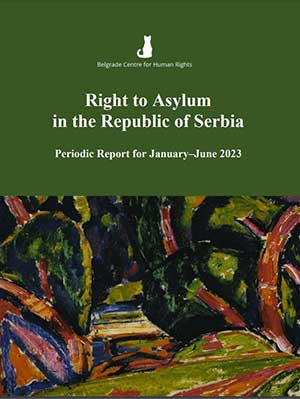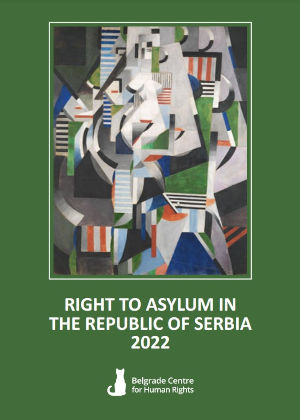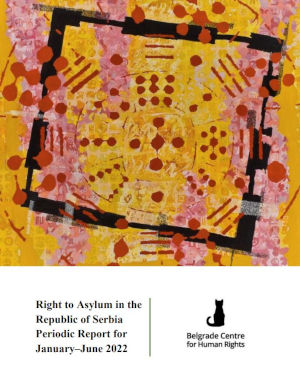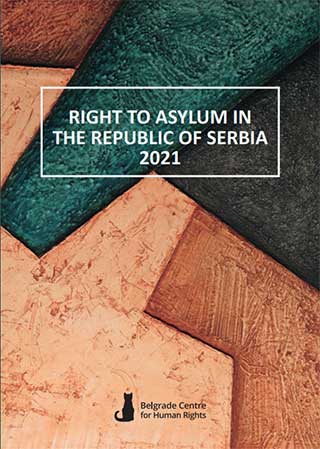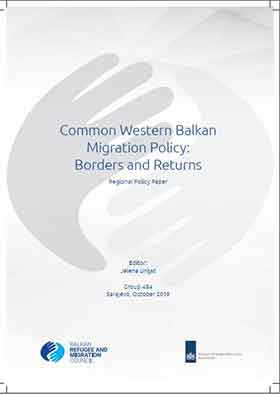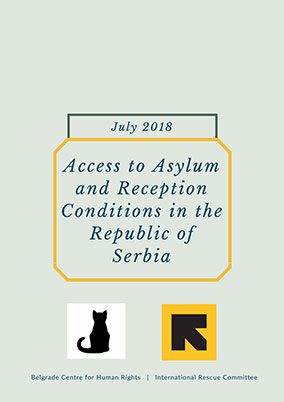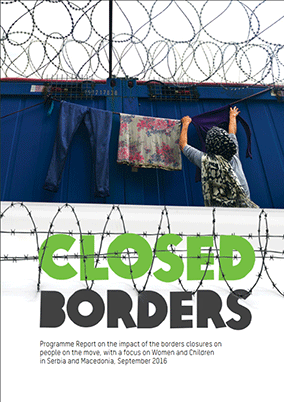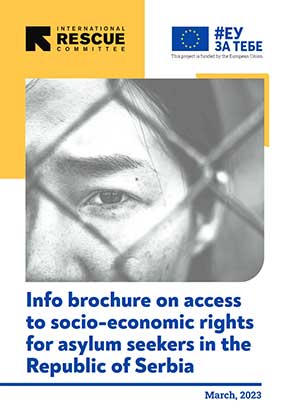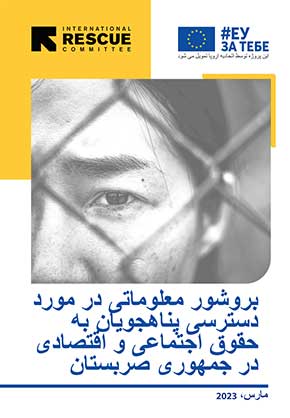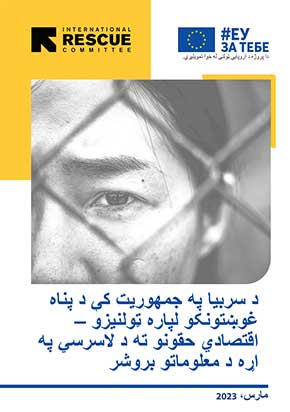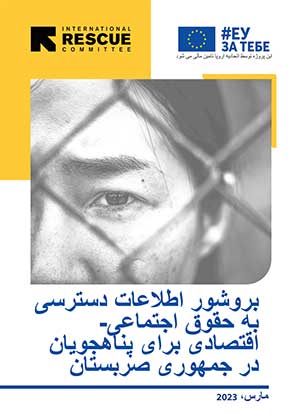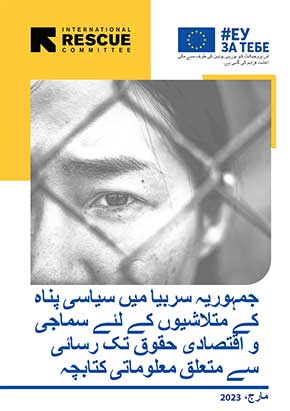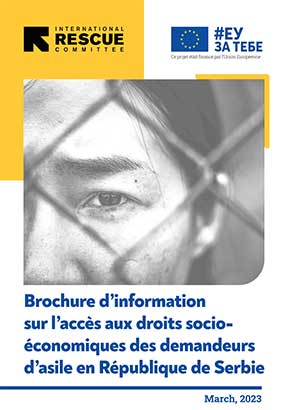We continuously monitor the state of affairs both in the countries where the asylum-seekers come from and in Serbia. All of our findings and reports are available at the Centre’s webpage at www.azil.rs

As a partner of the United Nations High Commissioner for Refugees, the Belgrade Centre for Human Rights has, since 2012, provided asylum-seekers in Serbia with free legal aid: they are explained their rights and obligations and represented before the proper authorities in Serbia and the European Court of Human Rights.
‘Zero draft’ of the global compact on refugees
When the New York Declaration was adopted by the United Nations General Assembly in September 2016 two new documents were envisaged – the Global Compact on Refugees and the Global Compact and the Global compact for safe, orderly and regular migration. The UN member states have pledged to uphold the principles of human rights and […]
Refugee Situation in Serbia in January 2018
According to the UNHCR estimates, the number of refugees and migrants in Serbia remained almost the same during January and amounted to about 4,100 persons of concern, of which about 3,900 were located in state asylum centers and reception centers. Most of the refugees and migrants were accommodated in the asylum center in Krnjaca (643) […]
Human Rights Committee: Returning a child to Greece may amount to violation of international obligations
The United Nations Human Rights Committee delivered in November 2017 an important decision on the rights of the child in cases of deportation. Namely, the Committee concluded that the Danish authorities’ decision to deport a child to Greece without taking special child specific safeguards into account and considering his asylum application could amount to a […]
EASO publishes new COI on Afghanistan
European Asylum Support Office (EASO) recently published country of origin information report titled ‘Afghanistan: Networks’. In 2016, Afghanistan ranked second in the top countries of origin in EU countries, with more than 175,000 asylum applicants in the Member States. Even though the number of asylum seekers was drastically reduced in 2017 due to increased border […]
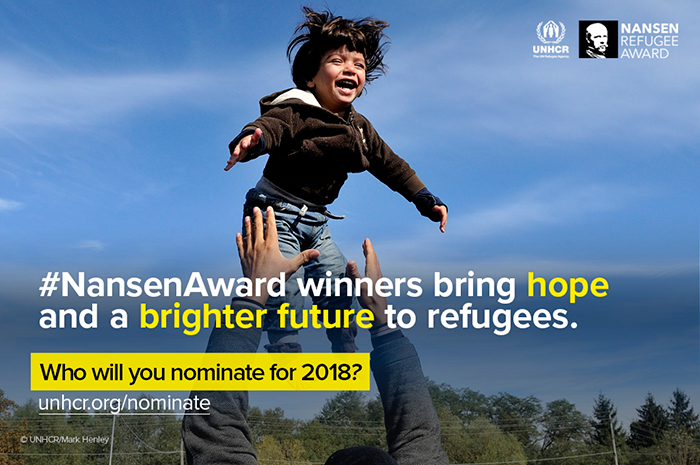
Nansen Refugee Award nominations
This year, the UNHCR will again give the Nansen Refugee Award to an individual, group of people, or organization that has displayed extraordinary humanitarian work on behalf of refugees, displaced, or stateless peoples. The nomination process is transparent and allows anyone to suggest inspirational persons or groups by February 8, 2018. The only ineligible candidates […]
As a partner of the United Nations High Commissioner for Refugees, the Belgrade Centre for Human Rights has, since 2012, provided asylum-seekers in Serbia with free legal aid: they are explained their rights and obligations and represented before the proper authorities in Serbia and the European Court of Human Rights.
We continuously monitor the state of affairs both in the countries where the asylum-seekers come from and in Serbia. All of our findings and reports are available at the Centre’s webpage at www.azil.rs

